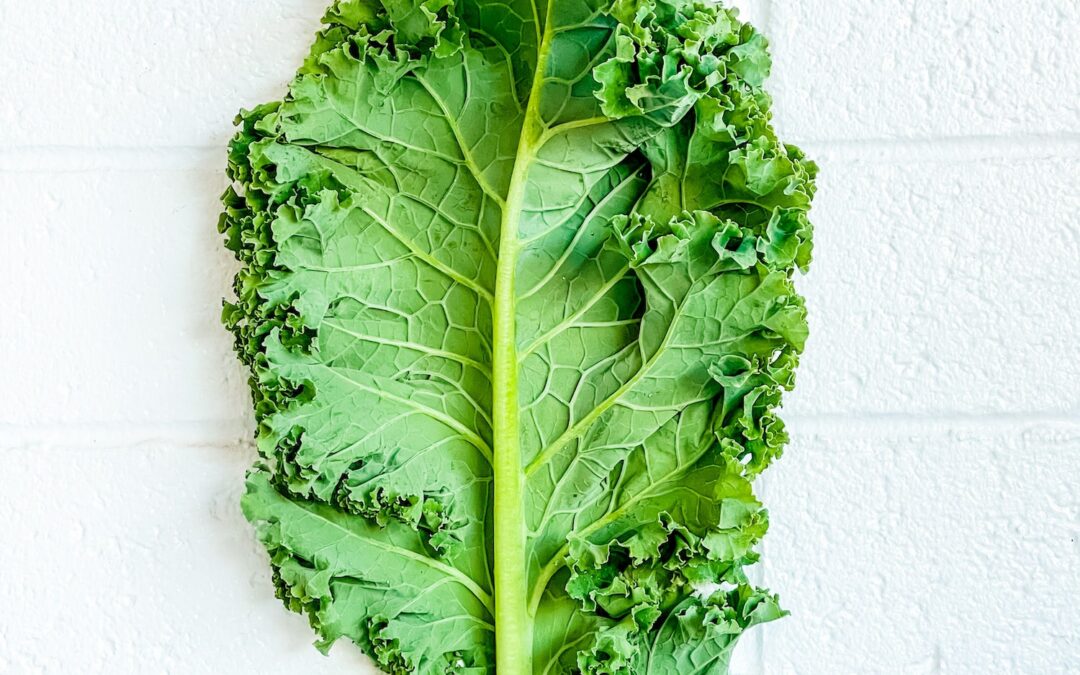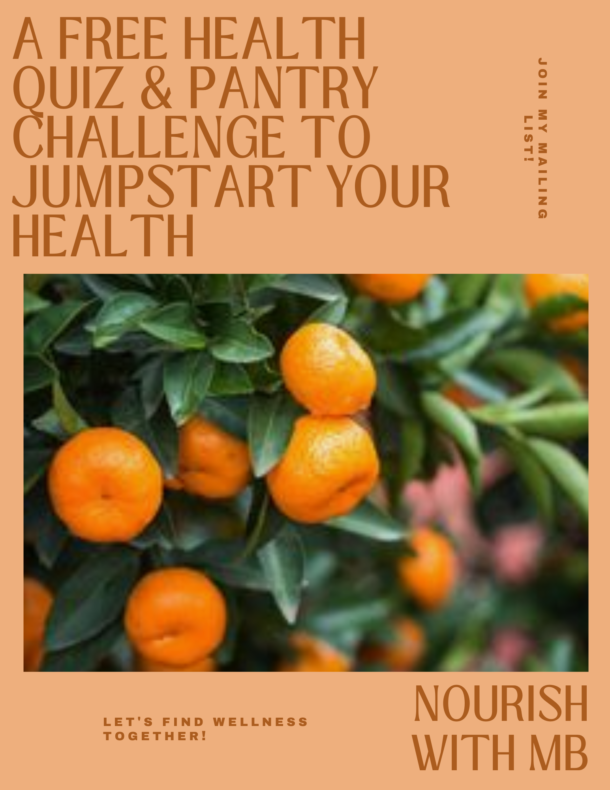I think this is something everyone knows (or at least I hope they do), but let’s start with the basics. Heart health depends on a healthy body. If you don’t have the foundations of health dialed in then the health of your heart will not be dialed in either. A person needs to strive for healthy digestion, balanced blood sugar, healthy balance of fatty acids, have a healthy mineral status and drink plenty of clean, filtered water every single day. If this foundation is set, then the health-house you build upon will be a solid one. If you’re still having heart health issues after assessing your foundations then it’s time to dig a little deeper.
The biggest myth about cholesterol
Too often people think that dietary cholesterol significantly impacts blood cholesterol levels. Newsflash: it doesn’t. This research is about 50 years old and is simply not true for most people. This doesn’t mean you have a license to go eat all the bacon and hamburgers you want. It just means that eating cholesterol isn’t what gives you high cholesterol, i.e. if you eat eggs every day it doesn’t correlate to high blood levels of cholesterol.
The Facts
So, what causes high cholesterol and heart issues?
- Inflammation
- Oxidative stress
- High blood pressure
- Smoking
- Lack of gut microbes
- Sluggish liver or lack of bile
Let’s break this down
Inflammation
Most of these primary causes of heart disease can be addressed through digestive health first. When inflammation in the gut is managed it lowers inflammation all throughout the body. Inflammation of the gut is influenced by two things: the integrity of the intestinal barrier and the microbiota.
Intestinal Barrier
The intestinal barrier is made up of cells, proteins and mucus which creates a seal between the gut and the rest of the body. This barrier protects the rest of the body from molecules entering systemic circulation. When this barrier becomes compromised it allows molecules that don’t belong in the rest of the body to circulate outside of the gut. This is called “leaky gut” and causes the body to start a systemic inflammatory response. This inflammatory response is the precursor to many diseases like autoimmune conditions and cardiovascular disease.
Microbiota
In recent years there has been a lot of research surrounding the gut microbiota and its impact on overall health. The human gut is home to literally trillions of microorganisms. These gut bugs can be either beneficial or harmful to our health depending on their balance. When the good and bad bugs are not in balance or the body is lacking in beneficial microbes it is called dysbiosis. Dysbiosis of the gut occurs for many reasons like overuse of antibiotics, frequent use of non-antibiotic drugs (like NSAID’s, oral contraceptives, proton-pump inhibitors), environmental toxins, stress and lack of nutrient dense foods in the diet. Dysbiosis adds to intestinal inflammation and can predispose a person to many diseases including colon cancer, allergies, autoimmune disease, irritable bowel syndrome and cardiovascular disease.
The Liver
The liver is one powerhouse of an organ and is instrumental in cardiovascular health. The liver produces cholesterol and it also regulates its levels in the blood. To regulate cholesterol the liver increases bile, which breaks down excess cholesterol and then flushes it from the body. Bile serves three main functions in the body: breaking down fats into forms that can be absorbed, absorbing fat-soluble vitamins like A, D, E, & K, removing toxins and waste from the body like cholesterol and lubricating the colon for food to go through the intestines easier. If the body is not producing enough bile then it can’t excrete excess cholesterol effectively, which then causes blood cholesterol levels to rise.
Signs you may not be producing enough bile:
- Nausea after eating fatty foods
- Floating stools
- Pale-colored stools
- Heartburn
- Constipation
- Stomach cramps
- Trouble digesting fats
- Bloating
- Gas
- Nausea after eating fatty foods
- Gallstones
How to heal the gut and improve cardiovascular health?
- Eliminate food sensitivities
When you continue to eat foods that are known allergies or sensitivities you keep your gut in a perpetual state of inflammation. So, identify what foods are causing you issues (gluten and dairy are top offenders) and eliminate them for 30 days to allow the gut to heal and reduce inflammation. Slowly reintroduce the foods eliminated one by one and see how the body responds. If symptoms return then it may be necessary to eliminate those foods indefinitely.
- Address Dysbiosis
To bring gut microbes into more balance eat a variety of vegetables each week. This means to challenge yourself to eat 30 different vegetables in one week. Variety promotes a greater diversity of healthy bacteria and brings the intestines into greater balance. A probiotic or prebiotic supplement can also be beneficial when rebalancing the microbiota. Remember to start slow with probiotics by taking half or less of the recommended dose. If the gut is in a state of dysbiosis adding probiotics can cause nausea until more balance is achieved.
- Love on your liver
To promote better bile production it’s important to support the liver to function optimally. You can do this by increasing bitter foods into your diet. Things like kale, chard, dandelion greens, beets, artichokes and fermented foods. In addition, adding 1 teaspoon of apple cider vinegar into a glass of water before meals not only supports the liver, but also supports healthy blood sugar balance. Win-win.
- Manage chronic stress
Chronic stress really does a doozy on gut health by increasing inflammation, reducing stomach acid production and lowering enzymes that support proper digestion. It’s not always possible to decrease stress, but it is possible to manage it more effectively. Mindfulness (even for 10 minutes while doing the dishes) helps regulate stress. Consistent exercise (not over-exercising) is also beneficial for stress management and reducing inflammation and supporting gut health.
Love your digestion to love your heart
When you take simple steps to bring your digestion into more optimal function the benefits reverberate throughout the entire body–overall inflammation goes down and cardiovascular health goes up. Love your heart this Valentine’s Day by loving on your digestion even more!
https://www.healthline.com/nutrition/dietary-cholesterol-does-not-matter#heart-disease
https://www.hopkinsmedicine.org/health/wellness-and-prevention/can-your-gut-health-affect-your-heart
https://www.healthcentral.com/condition/high-cholesterol/liver-and-cholesterol


